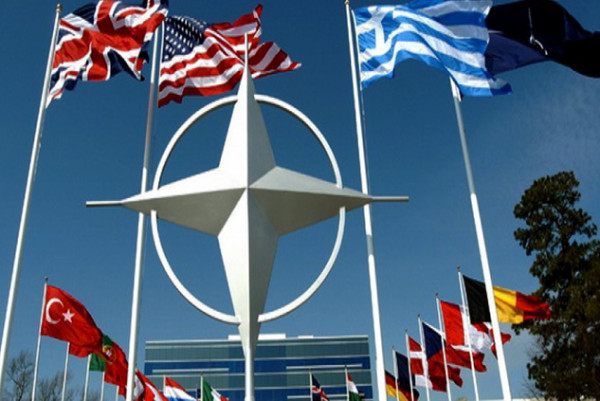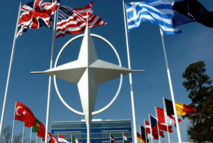Recent events in Syria have led Macron to question the reliability of the United States if Europe came under attack, while arguing that the continent should ramp up its own defence capabilities.
"France knows how to protect itself. After Brexit, it will become the last remaining nuclear power in the European Union," Macron said in an interview with the Economist news magazine published in early November.
But according to Stoltenberg, France's nuclear weapons would not provide NATO with a feasible alternative.
"The US weapons are part of a well-established NATO nuclear deterrence - something we do together," the NATO chief told dpa. "We have tried and tested procedures."
France has not assigned its nuclear weapons for NATO use and is the only alliance member not to participate in its nuclear planning group.
"France has decided not to be part of this. And that's a decision I respect, it's the French decision. But France is not part of the NATO nuclear deterrent," Stoltenberg said.
The debate triggered by Macron's remarks has not weakened the alliance, Stoltenberg argued, pointing to several decisions taken at its December summit in London to adapt the alliance to current threats.
"It is absolutely possible to have discussions and at the same time be a strong and agile alliance, as NATO has proven to be," the NATO chief said.
----------------------------------------------------------------------------------------------------









 Home
Home Politics
Politics











